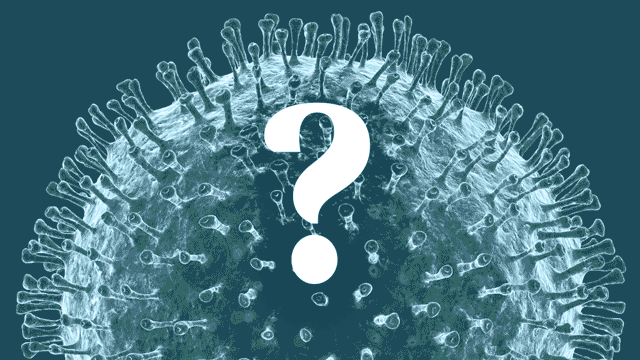Your coronavirus questions answered: Social distancing and staying healthy


Your coronavirus questions answered. Photo: TND
Unless you’ve been living under a rock, you know the world is grappling with the COVID-19 pandemic.
And there is no doubt you’ve also heard some incorrect information about the coronavirus.
To counter this, The New Daily is running a series based on audience questions, so you’re armed with the information you need.
On Thursday, we looked at travel and socialising and Friday we covered how the virus works.
This is a rapidly changing situation and answers are current as of time of publishing.
Professor Nikolai Petrovsk from the College of Medicine and Public Health at Flinders University is answering your questions about how to stay healthy and virus free.
Over to him.
My daughter has to isolate. She’s symptom-free and tested negative.
Is it OK for her five- and eight-year-old children to stay with her and still go to school during her isolation period?
No it is not OK.
Chinese studies showed very high rate of transmission within family members if one is affected. So to send the children to school when they are living with you would invalidate the effect of the isolation.
I’m 34 weeks pregnant. How dangerous is the virus with a newborn baby?
Unlike influenza, where there is an extra high risk to pregnant women, this has not been reported for COVID-19.
Similarly, young children have not shown much serious illness even when they are infected.
But it is still early days so it is wise for pregnant women and those with young babies to exercise caution and avoid exposing themselves to anyone who might be infected.
If you are diagnosed with COVID-19 and need to self-isolate – what happens next?
Current guidelines indicate that after 14 days, if you are symptom-free then you can resume work, without any further testing or review.
However, guidelines are constantly changing and are variable from place to place, so you will need to review this regularly.
Also, to what extent do you have to disinfect your home after the 14 day period to ensure you don’t get it again or give it to someone else?
If you have no symptoms during the whole 14 days then you don’t need to do anything as it is unlikely you were infected.
If you have symptoms and get tested and are positive then you should disinfect the house.
If I do get symptoms, do I need to go to a doctor or is it OK to just isolate myself in my unit and ride it out?
If you have mild symptoms then you can choose to ride it out.
If your symptoms worsen and/or you have breathing difficulties then you should seek medical attention.
If symptoms are not severe you should ring the medical centre for advice rather than go there in person.
I am aware that I have to self isolate for 14 days on arrival back to Sydney.
Does that mean that I’m not allowed out of my small unit for 14 days, or can I at least go for a run or walk away from anyone?
You should not leave the unit except to attend to critical matters.
Experts are saying not to wear face masks unless you are sick and that healthy people wearing a mask won’t stop them catching COVID-19.
Surely wearing a mask would reduce the risk of becoming infected?
No, masks are used in hospital surgeries to stop the doctor infecting the patient not the other way around.
So only people who are infected should wear masks to stop them coughing on others and infecting them.
Two over-80s … do we just shop as normal and wear a mask?
Wearing a mask doesn’t help.
Try and shop when it is not crowded, and be careful not to touch your face and to wash your hands thoroughly afterwards.
Does the virus feel like the flu?
Yes, it causes a fever, aches and pains, headaches and shortness of breath and cough just like the flu.
If I think I’ve got it, what steps do I take?
Drink sufficient water, avoid alcohol, go to bed and if it worsens seek medical attention.








